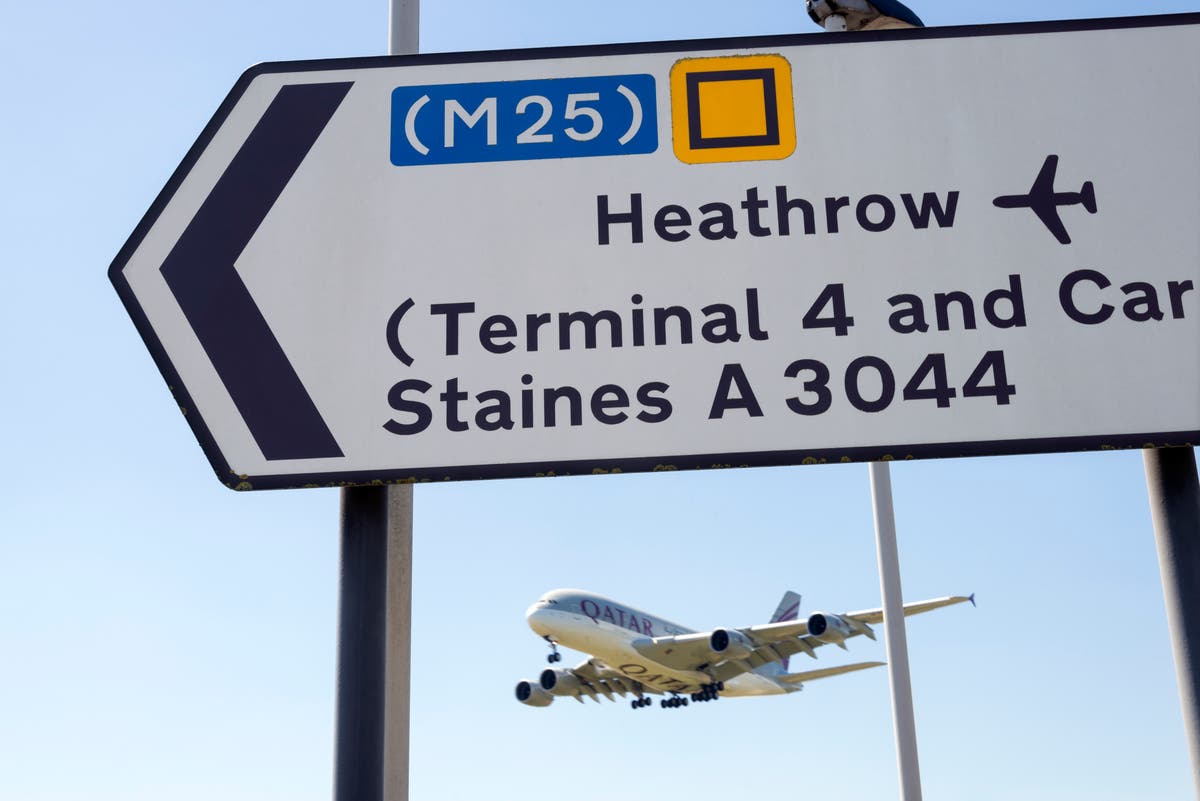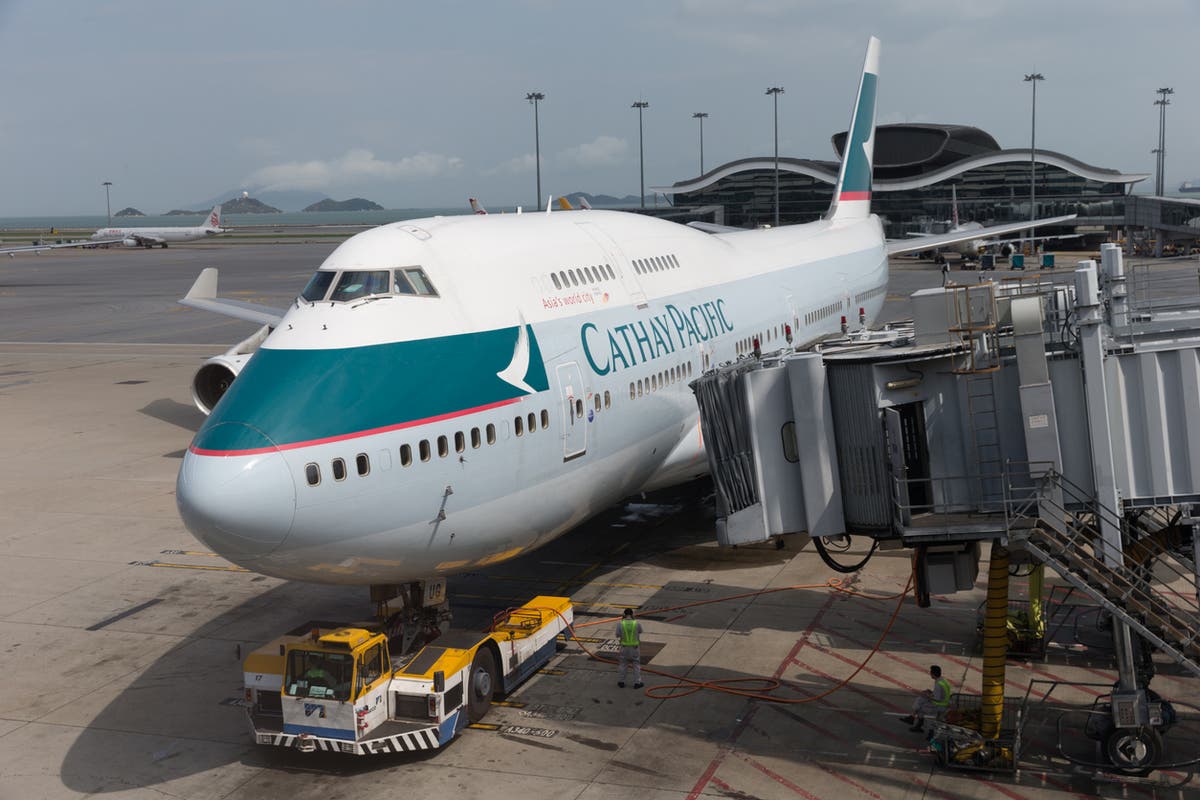Flight turns back after flames spotted coming from plane engine
The incident happened at 1,000ft

Sign up to Simon Calder’s free travel email for weekly expert advice and money-saving discounts
Get Simon Calder’s Travel email
An Air India Express flight from Abu Dhabi, UAE, to Calicut, India, was forced to turn back after flames were seen issuing from one of the plane’s engines.
The incident occurred onboard Air India Express flight IX348 soon after take-off on Friday 3 February.
The pilot spotted the flames emerging from the engine while the aircraft was 1,000ft above sea level.
After detecting the flames during the plane’s climb, the pilot made the decision to turn back to Abu Dhabi.
Some 184 passengers were onboard the Boeing 737-800 at the time and it landed safely at the airport, with no injuries.
An Air India Express spokesperson told The Independent: “An engine flameout means the run-down of an engine due to flame extinction in its combustor due to factors such as low ambient temperatures.”
The Directorate General of Civil Aviation in India has since launched an investigation into the incident.
The aviation regulatory body addresses safety issues and is responsible for enforcing civil air regulations and standards.
In a statement circulated online, the DGCA said: “Today an Air India Express B737-800 aircraft VT-AYC operating flight IX 348 (Abu Dhabi-Calicut) was involved in Airturnback due to the no.1 engine flameout at 1,000ft during the climb.”
Air India Express also shared a statement, saying: “Air India Express flight IX 348, on the Abu Dhabi-Kozhikode route, returned to Abu Dhabi airport following a technical snag in one of the engines.
“The technical snag was identified while taking off and the aircraft landed back safely, following all laid down procedures, in Abu Dhabi International Airport with the 184 passengers on board.
“This event has been reported to the regulatory authorities as per protocol, and alternate arrangements are being made for the guests. We regret the inconvenience caused to our guests on board.”

 Tfoso
Tfoso 
































